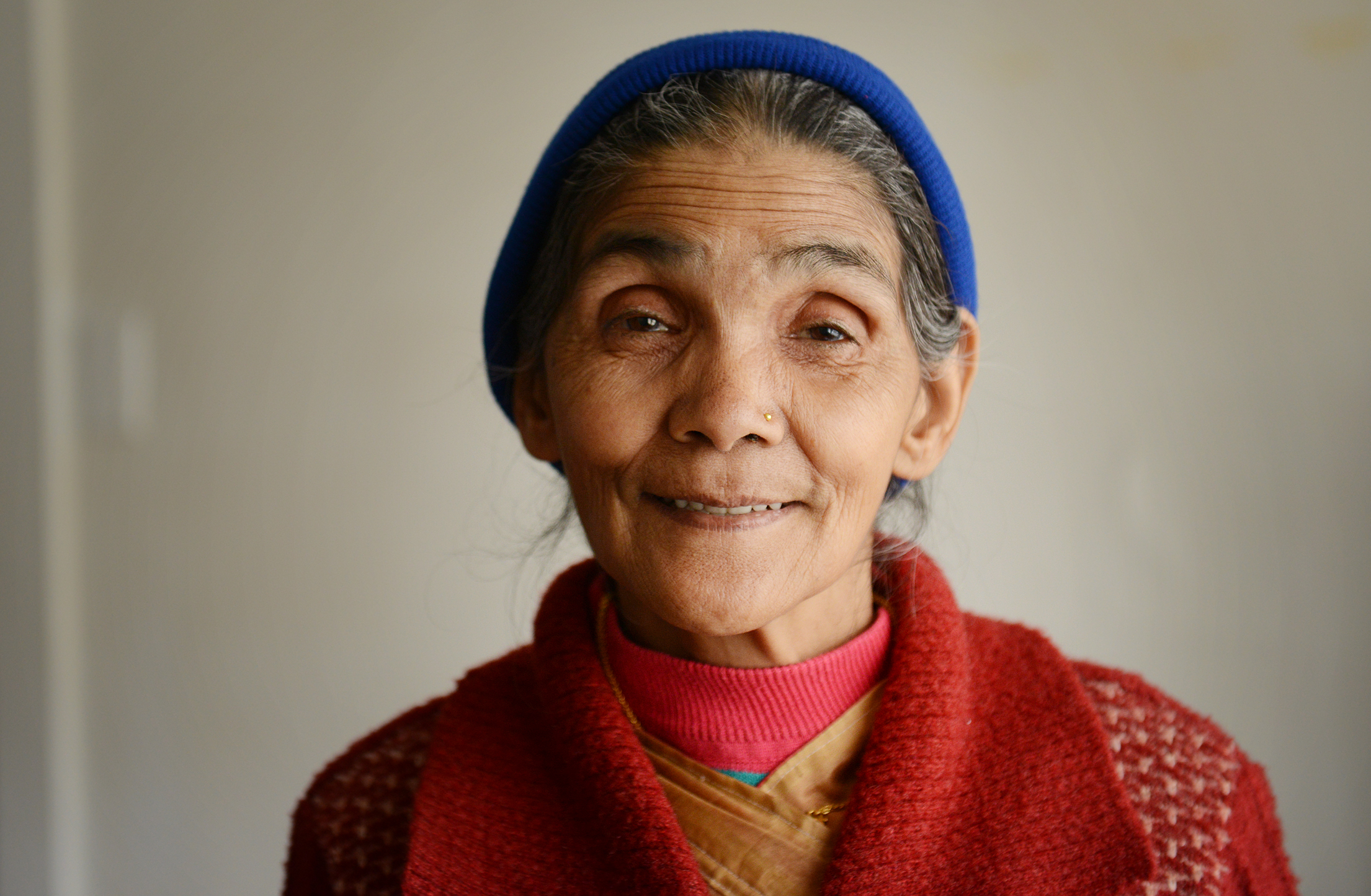
FORGOTTEN REFUGEES
The world took little notice when, in the early 1990s, the peaceful Kingdom of Bhutan expelled some 100,000 ethnic Nepalis known as Lhotsampas, or "people from the south." The Lhotsampas languished in refugee camps in Nepal until 2008 when the UN set the wheels in motion for one of the most ambitious refugee resettlement programs ever undertaken.
The U.S. has agreed to accept the largest number—about 75,000—and many of the new arrivals have ended up in the Pittsburgh area. Pulitzer Center grantees Julia Rendleman and Moriah Balingit, both staffers on the Pittsburgh Post-Gazette, tell the remarkable story of a journey that stretches from the Allegheny Mountains of western Pennsylvania to the foothills of the Himalayas.
Julia, a photojournalist and former Pulitzer Center student fellow, captures revealing moments in the lives of these refugees while Moriah tells the stories of those left behind in the squalid camps and of the others trying to find their way in America.
IN THE WORLD OF ISIS
One story the world cannot ignore is the slow and murderous fracturing of Iraq and Syria. In separate projects, Pulitzer Center grantees Sebastian Meyer and James Harkin have been documenting the fallout from the sudden rise of the Islamic State, also known as ISIS or ISIL.
Sebastian, in this video report for Voice of America, reports from a church in Iraqi Kurdistan that has become a makeshift refugee camp for Christians fleeing from the onslaught of ISIS. "I don't think about my future anymore," a 14-year-old girl tells Sebastian. "I just take everything one day at a time. We want to leave and go abroad because we don't believe we'll ever go back home. How much longer do we have stay in this place? How much longer till it's over?"
Meanwhile, James, reporting from northern Syria for Newsweek, continues to document the plight of more than 130 Kurdish schoolboys who were kidnapped by Islamic State militants last May with the apparent intent of recruiting them into their ranks.
"Long before western politicians identified the Islamic State as Public Enemy No. 1, the Kurds of Northern Syria were fighting a rearguard action against them, almost entirely alone," writes James. Kobani, the city where the kidnapped boys are from, "has slowly become the epicenter and the crucible of a fight to the death. For over six months, it's been under a crushing, increasingly desperate siege on three sides by fighters from the Islamic State – and by the Turkish authorities on the fourth."
And finally, Pulitzer Center student fellow Selin Thomas, a recent Boston University graduate, is on the Syrian border in Turkey where she filed this Untold Stories dispatch on the plight of refugee children.
BACKSLIDING ON DEMOCRACY
Viktor Orban, Hungary's populist prime minister, is no fan of liberal democracy. "I don't think that our European Union membership precludes us from building an illiberal new state based on national foundations," he told a gathering of students last July. He went on to cite Russia, Turkey and China as the rising "stars" of the new world order, noting that none of these "is liberal and some of which aren't even democracies."
Pulitzer Center grantee Yigal Schleifer, in an in-depth feature for Moment, looks at Hungary's retreat from democracy and its implications for the rest of Europe: "This shift is a setback not only for Hungary, but for the wider post-Cold War project of spreading the European Union's democratic principles of good governance, rule of law, and human and civil rights to countries that had precious little experience with those ideals during the Soviet years."
Yigal's reporting from Hungary is part of larger project that will also look at Ukraine and Turkey, two other countries that also tell an important story about the hard road to democratization.
Until next week,
Tom Hundley
Senior Editor





